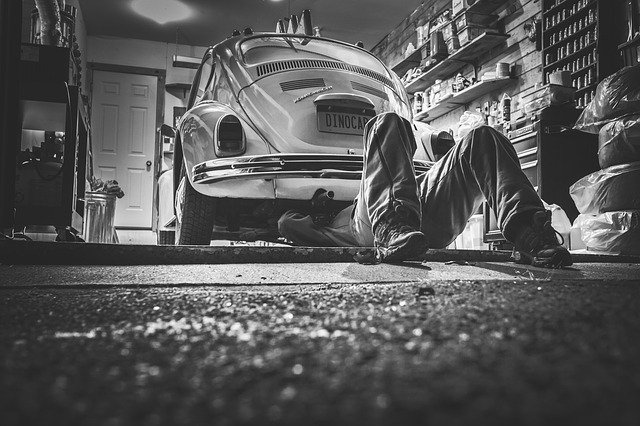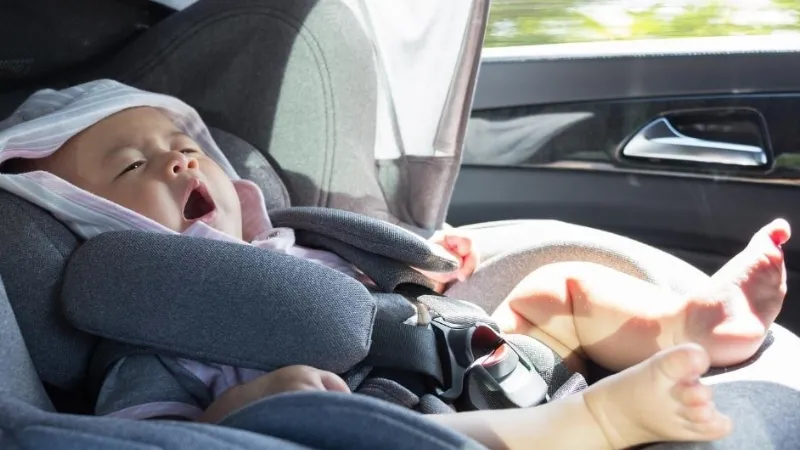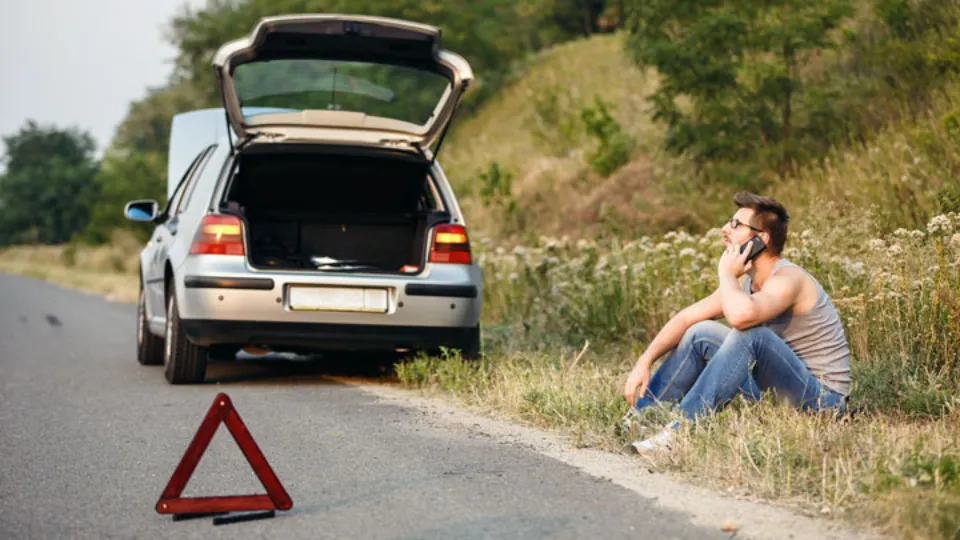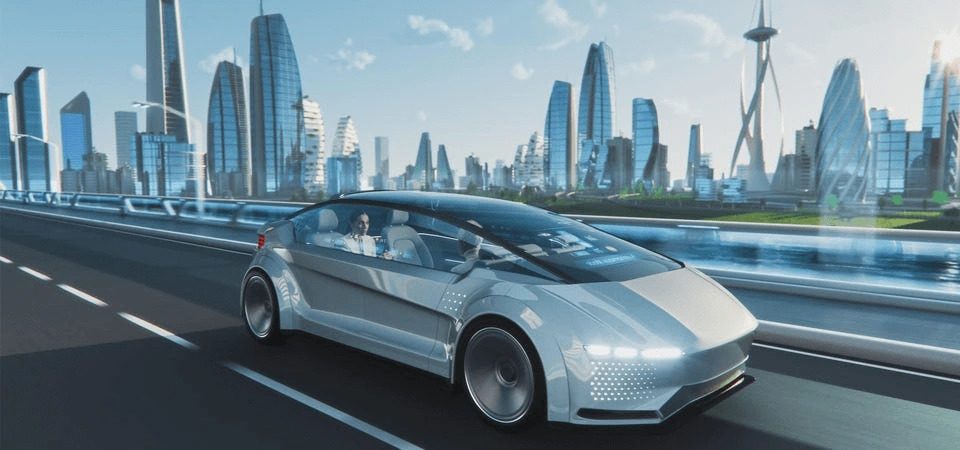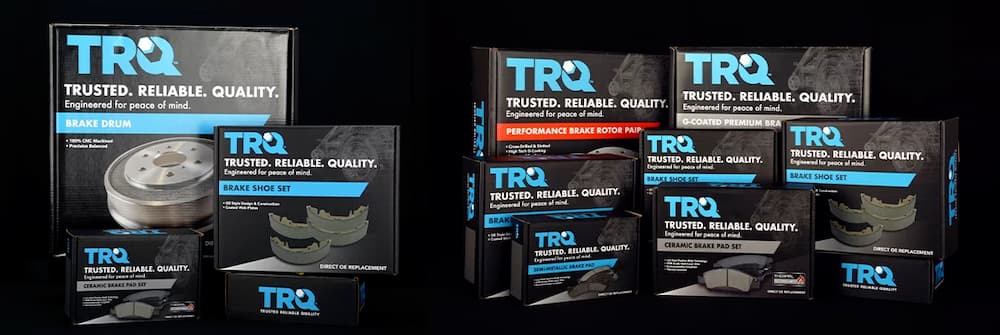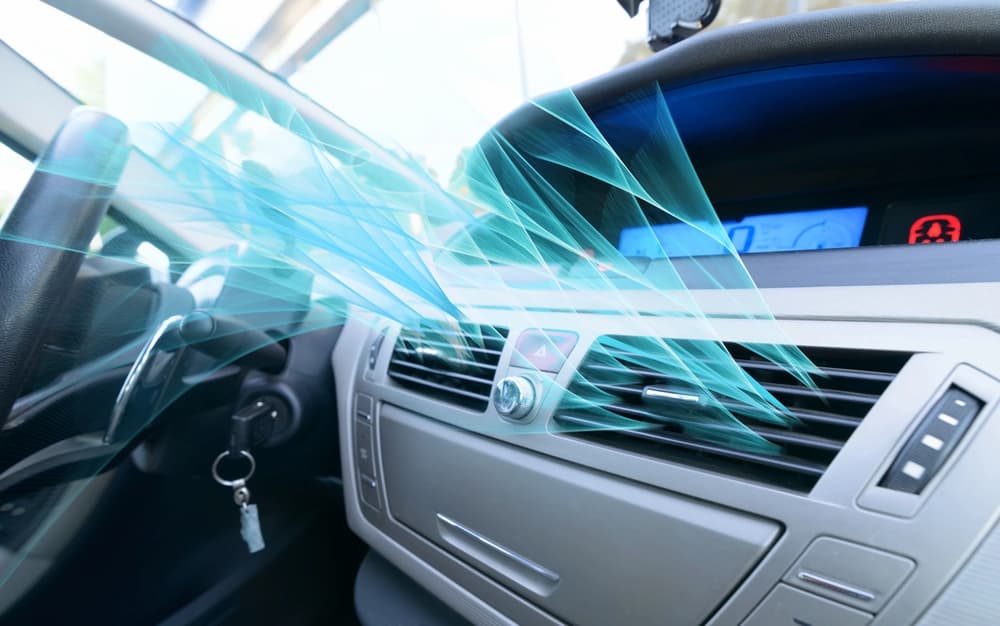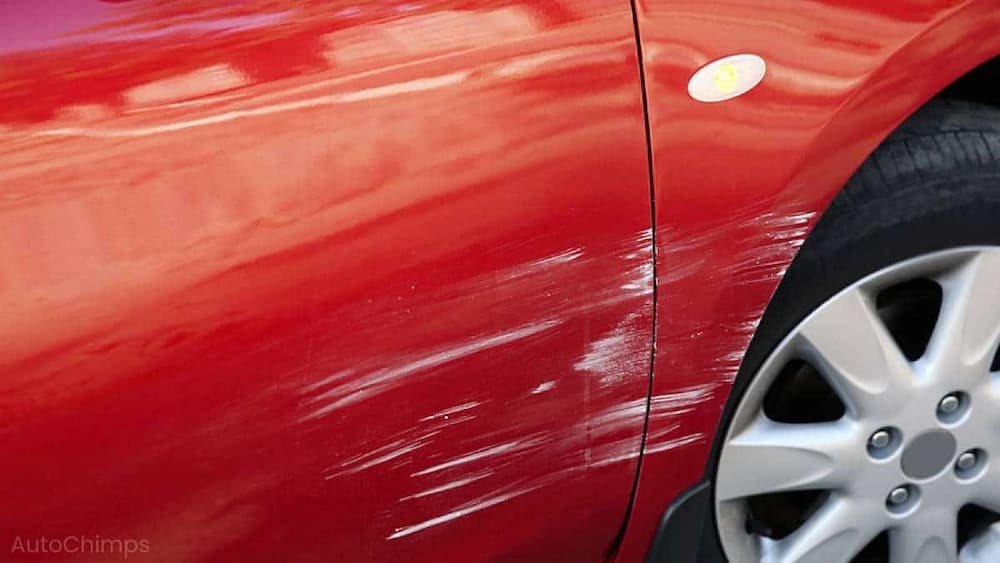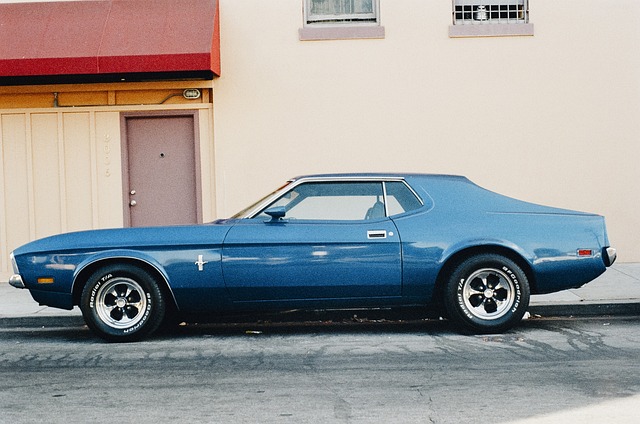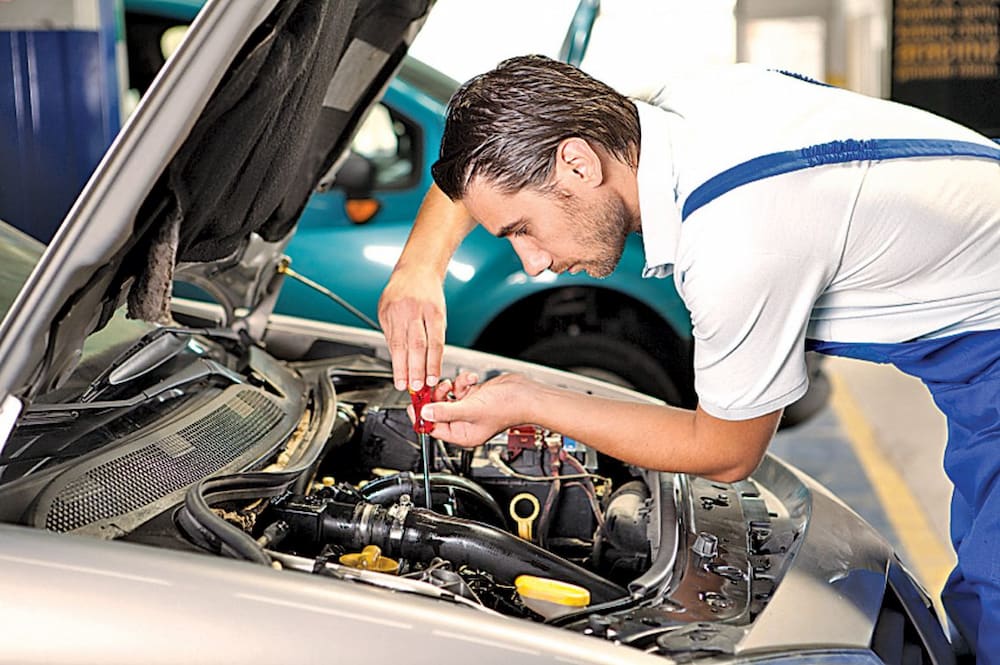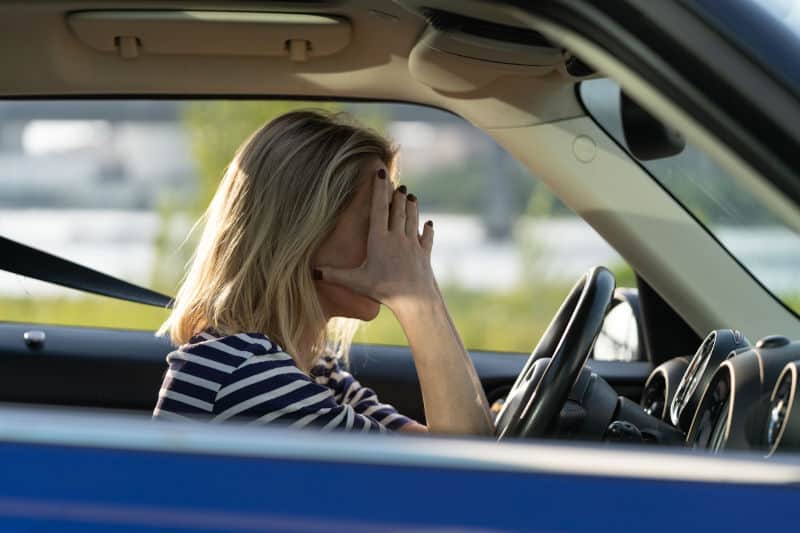It can be frightful to be driving in a car that is jerking, juddering, or lurching. If your car trembles while you are driving at a high speed, it could catch you off guard and even cause you to lose control of your vehicle. It’s one thing if your car trembles while it is parked and idle. Any number of problems, from a filthy air filter to a clogged catalytic converter, could be the cause of a jerking car. Additionally, if the problem is ignored for an extended period of time, it may result in more serious and expensive issues.
Reasons your car jerks while accelerating include: dirty fuel injectors, blockages, malfunctioning mass airflow sensor, worn out spark plugs, dirty fuel injectors…
For more information, keep reading.
Table of Contents
What Does A Jerking Car Feel Like?
Even when you apply full pressure to the accelerator pedal, a jerky car frequently seems to be struggling to move forward. Your car may shake a little bit or, depending on how bad the issue is, it may even briefly pause before launching forward as soon as you press the pedal.
It can be frustrating, especially in stop-and-go traffic, if your car jerks when you try to accelerate from a stop. However, if your car jerks while you’re already moving at a high speed, things could get dangerous because you could suddenly slow down and get into an accident.
Reasons Your Car Jerks While Accelerating
Dirty Fuel Injectors
A dirty fuel injector is one of the most frequent causes of jerky acceleration. When you try to accelerate from a stop and when you try to maintain a constant speed, your car loses power because of the dirty injector. The cause of this is an engine misfire.
Blockages
Your vehicle might be receiving less fuel than it needs to accelerate because of a blockage. Your engine is powered by a spray created when air and fuel combine. You risk having trouble accelerating if something deviates from this.
Malfunctioning Mass Airflow Sensor
The mass airflow (MAF) sensor calculates how much air is supplied to your engine. Once the proper oxygen-to-fuel ratio is maintained, this data is used to adjust how much fuel the fuel injector should deliver. The fuel injector may end up sending the incorrect amount of fuel to the engine as a result of a faulty MAF sensor, which could result in a variety of issues.
If you accelerate quickly or keep your speed up, your car might start to jerk. Even worse, your car might shake or stall while idling and have trouble starting. A faulty MAF sensor could result in your car’s poor emissions and decreased fuel efficiency if it is ignored for an extended period of time. In extreme circumstances, it might cause the engine to seize, which means that it becomes locked up and is unable to start. Make sure to get your car checked if you experience these issues because, depending on the severity of the damage, fixing a seized engine can be very challenging and expensive.
Worn Out Spark Plugs
Engine misfiring is brought on by worn-out spark plugs. This indicates that your spark plugs are not quickly igniting the fuel in each piston cylinder, which is why your car jerks while accelerating. Spark plug replacement is usually a simple and affordable repair, so if yours are worn out you should just replace them. See more about What Causes A Car To Stall While Driving?
Dirty Fuel Injectors
The way gas is introduced into your car’s engine is through fuel injectors. Your car will jerk as you accelerate if your fuel injectors are dirty because the stream of fuel will not be continuous, leading to engine misfires. To prevent this issue and future, more expensive repairs, your fuel injectors should periodically be cleaned.
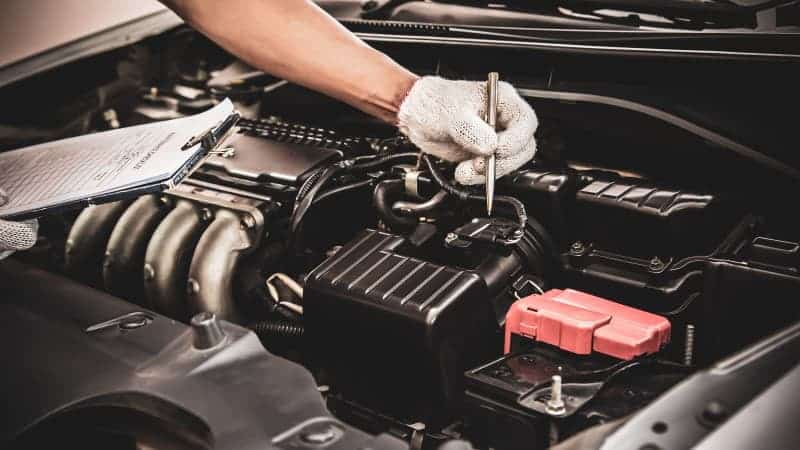
Dirty Air Filters
Pollutants are kept away from your engine in part thanks to the air filter. The accumulation of these impurities, however, over time may prevent your car from accelerating as it should. The air filters can be easily taken out, cleaned, and then replaced, or new air filters can be put in their place.
Damaged Cylinders
Your engine’s ability to function properly will be compromised if its cylinders are damaged, which will result in an engine misfire. So that the cylinders can be fixed or replaced, you should let a mechanic know about this problem. Otherwise, you risk quickly destroying your engine.
Blocked Catalytic Converters
Maybe there’s a blockage in your catalytic converter. Your catalytic converter may become clogged if the air-fuel mixture passes through it is too rich. When the driver presses the gas, the car frequently jerks as a result. With a good catalytic converter cleaner, you might be able to get rid of it. If not, a mechanic’s assistance is required.
Damaged Gas Lines
Your engine’s gas lines distribute gas throughout it. However, if there is a problem with a gas line, it may result in a loss of pressure in your car, which could cause it to jerk forward. An issue with your fuel line could, in rare circumstances, even result in a fire starting in your engine. To ensure that there are no holes in the fuel line, inspect it.
Damaged Acceleration Cable
If your acceleration cable is worn out, you might experience jerking. This is a metal braided cable that connects your engine’s throttle plate to the gas pedal. The throttle opens when the cable is pulled when you depress the gas pedal. These cables can break and become weaker over time as they get older. You’ll have to accelerate more slowly and your car will jerk if this cable is damaged.
Defective Carburetors
The carburetor is in charge of regulating how much fuel and air are combined before they enter the engine. In addition to making your car jerk when accelerating, a damaged carburetor will also result in poor performance all around.
Moisture On The Distributor Cap
If it’s snowing outside, moisture that has accumulated on the distributor cap may cause jerky acceleration. This typically happens when you leave your car outside in the winter. Parking your car in a warmer location will help you avoid this.
You should take your car to a mechanic when it isn’t performing as it should so that you won’t have to take it off the road.
Accumulated Moisture
When you accelerate, your car may jerk if moisture is building up in the distributor cap, which will lead to an engine misfire. When you are parked outside in the cold, this is something that can happen easily. The best way to avoid this is to park in a warm, dry area on days when it’s chilly and rainy.
Transmission Issues
Your car may jerk due to a variety of transmission problems. Your car might tremble or shudder while idling if your transmission fluid level is low. Additionally, when accelerating from a stop, you might notice your car jerking or lurching violently. A broken transmission control unit (TCU) is another problem that might make your car jerk. The TCU regulates how your car shifts as you accelerate, so if one is broken, your car may shift gears slowly or inconsistently, which will cause it to jerk.
Clogged Catalytic Converters
Your car’s catalytic converter reduces the exhaust particle emissions. However, if it gets blocked, it might lead to an exhaust buildup that lessens airflow in your exhaust system. Your car may jerk as a result of the restricted airflow, among other problems. A clogged catalytic converter can decrease your car’s fuel efficiency and even raise its exhaust emissions, in addition to making it jerk when accelerating, traveling at high speeds, or just sitting still. A clogged catalytic converter may be the cause of your car jerking, using more fuel, and emitting more smoke.
Conclusion
While diving can be stressful, suddenly jerking while accelerating can be extremely unsettling. You might even lose control of your vehicle if an abrupt jerk catches you off guard. It’s crucial to understand the potential causes of your car jerking while accelerating and how to resolve these problems.
Many thanks for reading.

